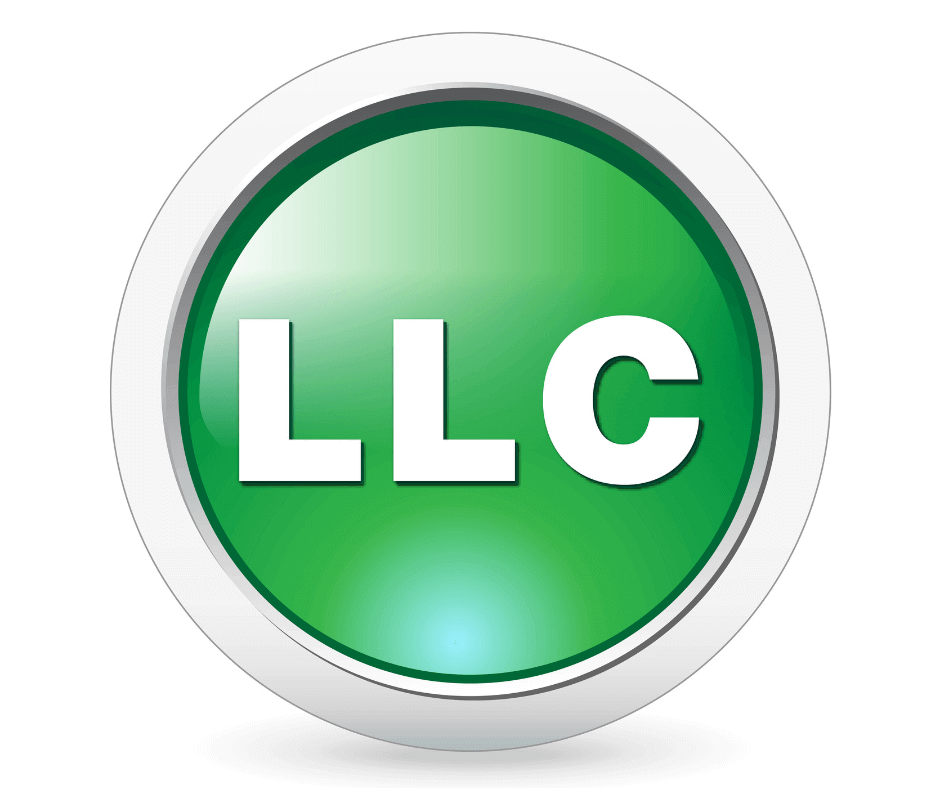Are you a trucking business owner wondering how to pay yourself from your LLC — without getting slammed by taxes or making a costly mistake?
Do you feel confused by the different types of LLCs and what each one means for your income and IRS forms?
You’re not alone. Many trucking company owners face this exact issue, especially when they’re just starting out or thinking about switching to an S-corp setup.
In this article, we’ll break down the three main types of LLCs — single-member, multi-member, and S-corp — and show you how each one affects how you pay yourself and how much tax you owe.
By the end, you’ll know exactly which option fits your business and what steps to take next to get paid the right way.

LLCs for Trucking Businesses: What They Are and Why They Work
An LLC, or Limited Liability Company, is a flexible legal business structure that helps protect your personal assets — like your house, savings, or truck — if something goes wrong in your business.
It’s a favorite among trucking business owners because:
- It’s easier to set up than a corporation
- It protects your personal assets from business liability
- You have flexibility in how your business is taxed
And the big one: LLCs let you decide how you want to pay yourself—which can make a big difference when it comes to taxes.
How Trucking LLCs Are Taxed: Single-Member, Multi-Member, or S-Corp?
LLCs can be taxed in different ways depending on how many people own the business and whether you choose a special tax status. Let’s break it down.



Single-Member LLC (Taxed as Sole Proprietor)
If you’re the only owner of your LLC, the IRS sees your business the same way they see a sole proprietorship. That means:
- You report business income on your personal tax return (Form 1040, Schedule C).
- You pay self-employment tax.
- You can’t put yourself on the payroll — you are not an employee.
You’re still an LLC legally, but for taxes, you’re treated like a solo business.
Multi-Member LLC (Taxed as Partnership)
If your LLC has two or more owners, it’s taxed as a partnership by default:
- The business files Form 1065.
- Each member gets a Schedule K-1 to report their share of profits.
- You still don’t get a W-2, and you're not considered an employee.
Each partner pays taxes on their part of the profit, even if they don’t actually take any money out of the business.
LLC Taxed as an S-Corp
This option can help you keep more of your money. You can choose to have your LLC taxed as an S-corporation by filing Form 2553.
Why would you do that?
- You can pay yourself a salary as an employee (W-2).
- You can also take the remaining profits as distributions — which may save you on self-employment taxes.
-
The IRS requires that your salary be “
reasonable,” meaning you can’t underpay yourself just to reduce taxes.
Many trucking company owners go this route once they’re earning steady profits.
How to Pay Yourself from a Trucking LLC: Owner’s Draw vs. Payroll Salary
The way you pay yourself as an LLC owner depends entirely on how your business is taxed.
- Sole proprietors and partnerships typically take an owner’s draw.
- S-corp owners must run payroll for themselves and may also take distributions.
It can get confusing fast — especially when taxes are involved.
That’s why we created a simple chart below to help you compare how each method works and what tax forms apply.
Choosing the Best LLC Type for Your Trucking Company
Choosing the right type of LLC isn’t just about paperwork — it affects how you pay yourself, how much you owe in taxes, and how simple (or complicated) your business life feels.
How to Choose the Right LLC Setup Based on Your Business Goals
Picking the right setup depends on your goals.
Ask yourself:
- Do you want simple taxes and low paperwork? → Single-member LLC might be fine.
- Are you working with a partner? → Multi-member LLC will apply.
- Are you making steady profits and want to lower self-employment tax? → S-corp election could save you money.
When to Call a Tax Pro About Your LLC and Owner Pay Structure
If you’re not sure, it’s smart to sit down with a tax pro. They’ll help you:
- Choose the right tax setup
- Figure out a fair salary if you go the S-corp route
- Stay legal and avoid IRS issues
So, what’s the bottom line? Let’s wrap things up with what all this means for you — and your paycheck.
Final Thoughts: Which LLC Setup Makes the Most Sense for You?
Now you’ve got a clearer picture of the different types of LLCs — single-member, multi-member, and S-corp — and how each one affects the way you pay yourself.
It’s easy to feel unsure about the right setup, especially when taxes, payroll, and IRS rules start piling up. That’s especially true if you’re a trucking company owner trying to keep everything rolling smoothly.
If you already have an S-corp or you’re thinking about switching your LLC to one, it’s important to have the right systems in place — especially when it comes to payroll. That’s where we come in.
At Superior Trucking Payroll Service, we help trucking companies like yours handle payroll the right way — confidently and correctly. We understand S-corp rules, owner salaries, and how to keep you compliant without the stress.
If you’re looking for a payroll partner who knows trucking, let’s talk. Reach out or request a quote today — we’re here to help.
Written by Melisa Bush
With over 15 years of experience in the trucking industry, Melisa is well-versed in the complexities of trucking payroll and adept at navigating special circumstances. Before joining Superior Trucking Payroll Service, Melisa worked at a trucking company, where she managed driver miles and expenses for a fleet of 50 trucks. This hands-on experience gives her unique insight into the challenges our clients face when preparing their payroll data.
Melisa’s top priority is customer service. She strives to treat each client as an individual with genuine needs, rather than just another number in the system. Her goal is to alleviate the burdens of our clients and make their daily operations smoother.

